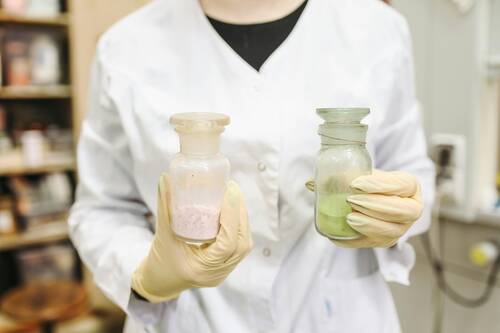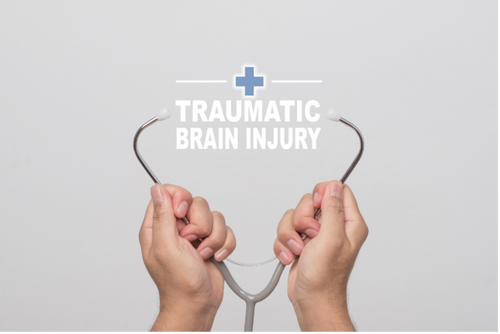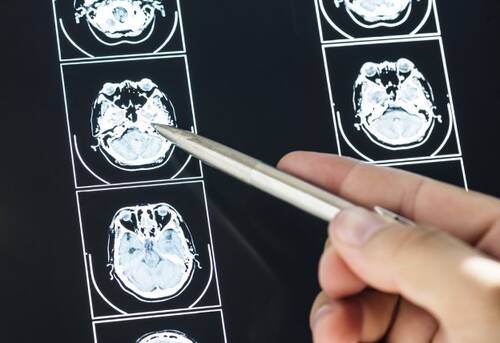Our appearance plays a significant role in shaping our self-esteem and mental well-being. The way we perceive ourselves affects our confidence, social interactions, and overall happiness. One of the most impactful aspects of our appearance is our smile. Dental imperfections such as chipped, discoloured, or misaligned teeth can cause feelings of self-consciousness, leading to anxiety and lower self-esteem. Fortunately, modern cosmetic dentistry provides an effective solution for enhancing one’s smile and, in turn, improving mental well-being.
 The Psychological Impact of Dental Aesthetics
The Psychological Impact of Dental Aesthetics
A genuine, uninhibited smile can make people appear more approachable and friendly, strengthening personal and professional relationships. However, when people feel insecure about their teeth, they may unconsciously limit their smiles, affecting the way they communicate and engage with others. This hesitation can create a cycle of self-doubt, reinforcing negative feelings about one’s appearance.
Improving one’s smile can break this cycle and significantly boost confidence. Studies suggest that individuals who undergo cosmetic dental treatments report increased happiness, improved social interactions, and a better overall quality of life. Addressing minor imperfections can make a huge difference in how one feels daily, reducing self-consciousness and encouraging a more positive self-image.
Studies also highlight that 70% of individuals with dental concerns feel their confidence is negatively affected, impacting their personal and professional lives. In extreme cases, dental insecurities can contribute to body dysmorphic disorder (BDD), a condition where individuals excessively worry about perceived flaws in their appearance.
(more…)









 Life in recovery can feel overwhelmingly difficult at times. We live in a stressful era and often don’t notice stress building up until it’s too late. The temptation to isolate can be hard to resist, and this allows many people to pursue their addiction in private. Support groups can be a key part of any successful relapse prevention effort.
Humans are social creatures, and addiction often takes away some of that humanity. It can fill the addicted person with shame and self-loathing. It can isolate people from their loved ones and keep them from doing things they enjoy.
In recovery, activities with other recovering people can be the glue that holds your new life together. Support groups—especially 12-step meetings—are a powerful way to manage stress and maintain emotional balance. The sense of fellowship, support, and camaraderie at meetings can lend stability to your life, even when everything else feels uncertain.
Even studies show that “people power” - the kind you discover when you’re at a 12-step meeting or recovery-related event - actually contributes to better outcomes for people in sobriety. Long-term research has shown that people who attend 12-step meetings regularly - up to three times a week or more - stay sober for much longer than those who don’t, often up to 16 years or more without a relapse.
Life in recovery can feel overwhelmingly difficult at times. We live in a stressful era and often don’t notice stress building up until it’s too late. The temptation to isolate can be hard to resist, and this allows many people to pursue their addiction in private. Support groups can be a key part of any successful relapse prevention effort.
Humans are social creatures, and addiction often takes away some of that humanity. It can fill the addicted person with shame and self-loathing. It can isolate people from their loved ones and keep them from doing things they enjoy.
In recovery, activities with other recovering people can be the glue that holds your new life together. Support groups—especially 12-step meetings—are a powerful way to manage stress and maintain emotional balance. The sense of fellowship, support, and camaraderie at meetings can lend stability to your life, even when everything else feels uncertain.
Even studies show that “people power” - the kind you discover when you’re at a 12-step meeting or recovery-related event - actually contributes to better outcomes for people in sobriety. Long-term research has shown that people who attend 12-step meetings regularly - up to three times a week or more - stay sober for much longer than those who don’t, often up to 16 years or more without a relapse.





















